What Is a Sponsor Unit and Why Does It Matter?
You may occasionally see the phrase “sponsor unit” in listings when you’re perusing real estate listings in New York City and wonder what it means. Even if you’re not planning to buy a sponsor unit yourself, it’s still an important concept for prospective co-op and condo buyers to understand.

The entryway of a sponsor unit in Ditmas Park. Photo by Brooklyn Hearth Realty
You may occasionally see the phrase “sponsor unit” in listings when you’re perusing real estate listings in New York City and wonder what it means. Even if you’re not planning to buy a sponsor unit yourself, it’s still an important concept for prospective co-op and condo buyers to understand.
A quick definition of a sponsor unit
A sponsor unit is an apartment in a co-op or condo building that has been retained by the developer or investor after other units have been sold to individual owners.
For example, the developer of a new condo building may decide to retain some units for personal use or as an investment. Later, the developer might decide to sell the units.
Sponsor units in co-ops typically come about when the owners of a rental building choose to convert it into a co-op and, perhaps due to being under rent regulation, a tenant declines to buy his or her unit and continues to rent. That unit remains a rental and the building’s sponsor continues to own that unit.
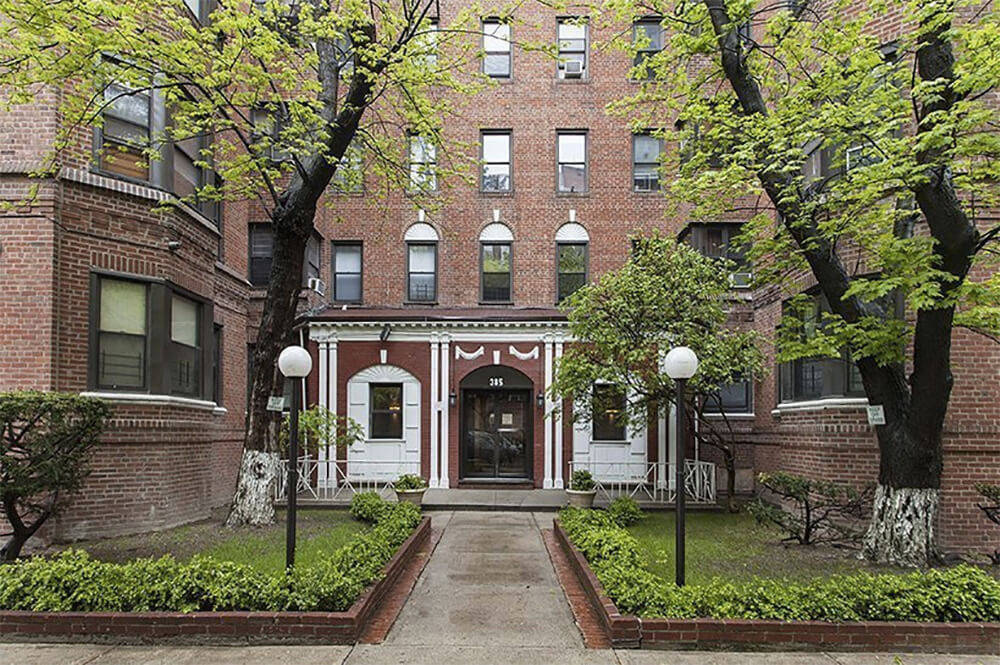
Once the renter moves or passes away, the sponsor will most likely decide to sell it, either to a buyer or the co-op.
In the words of Douglas Elliman broker Maureen Hogan, “A co-op sponsor unit is a unit owned by the original owner or corporation that converted the building from rental to co-op, so it is not a resale.”
Advantages of sponsor units
The main advantage of buying a sponsor unit in a co-op is that the buyer does not have to submit a financial package to the co-op board or pass a board interview.
Once the purchase goes through, however, the new owner must abide by all of the building’s rules and bylaws, including restrictions on subletting.
In both condos and co-ops, sponsor units are sometimes less expensive than resales. Also, it is not unusual for sponsor units in co-ops to have original details. That said, sponsor units can be renovated or in “as is” condition.
Unrenovated units can sometimes be “a more affordable option for a buyer,” Hogan noted. As well, buyers who work freelance or are otherwise in a financial situation that may not pass the board could still pass the sponsor, if they are more lenient, since sponsor units do not require board approval, Hogan told Brownstoner.
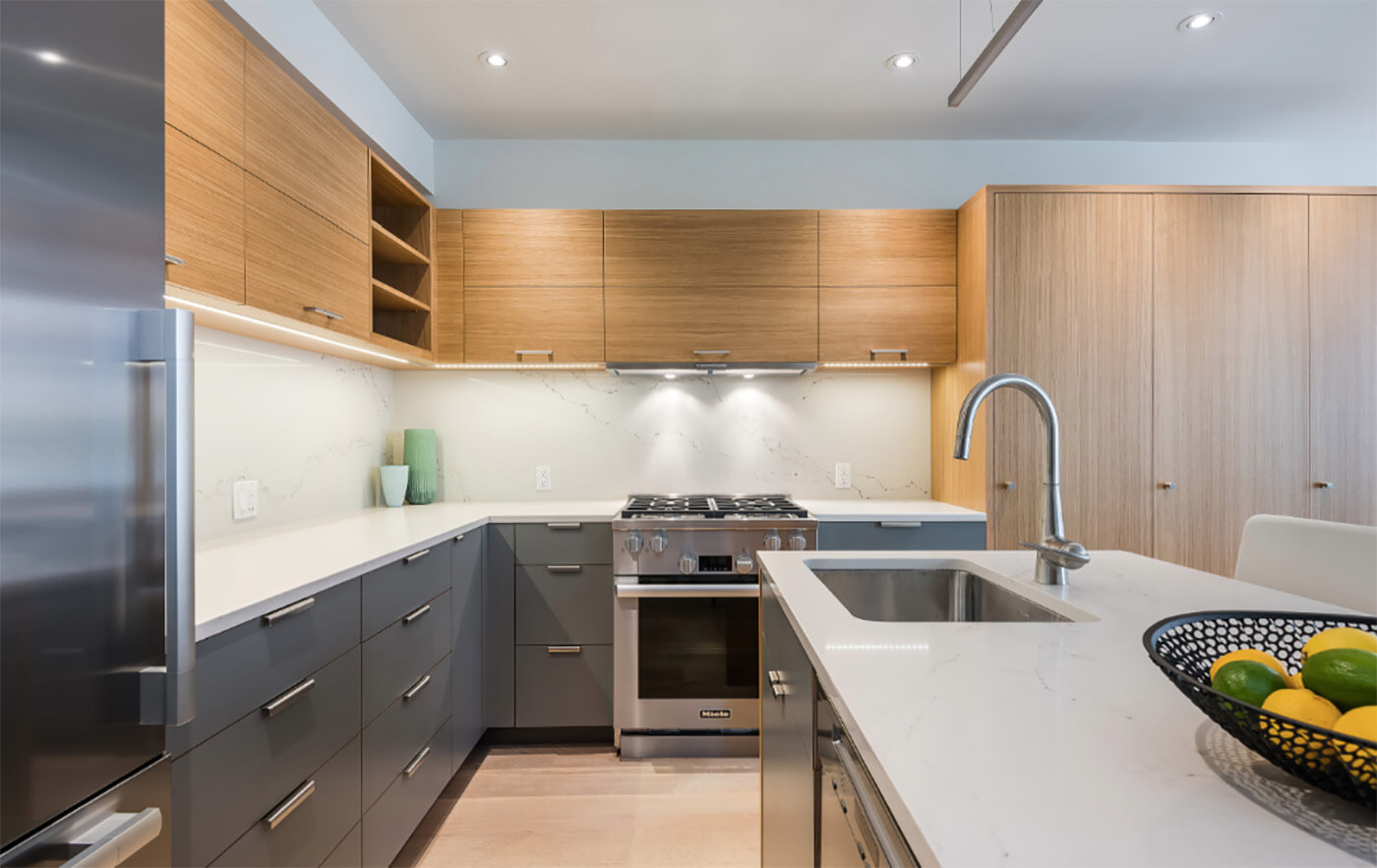
Disadvantages of sponsor units
The main disadvantage of sponsor units is that the sponsor may require the buyer to pay the transfer tax, which means closing costs will be higher, according to Hogan.
How sponsor units impact a co-op
Even if you’re not buying a sponsor unit yourself, they can still affect you.
A building needs to have a certain quantity of owner-occupied units to be viable and financially healthy. While there is no hard and fast rule, typically banks like to see that more than 50 percent of the units are owner occupied.
Having too many sponsor units in a building could negatively affect the ratio. Having a poor unit-to-owner-occupant ratio can signal to a bank that a building is transient.
This could make it difficult for a buyer or owner to get a mortgage or refinance. And if that’s the case, it may be more difficult to sell a unit, which could affect its value.
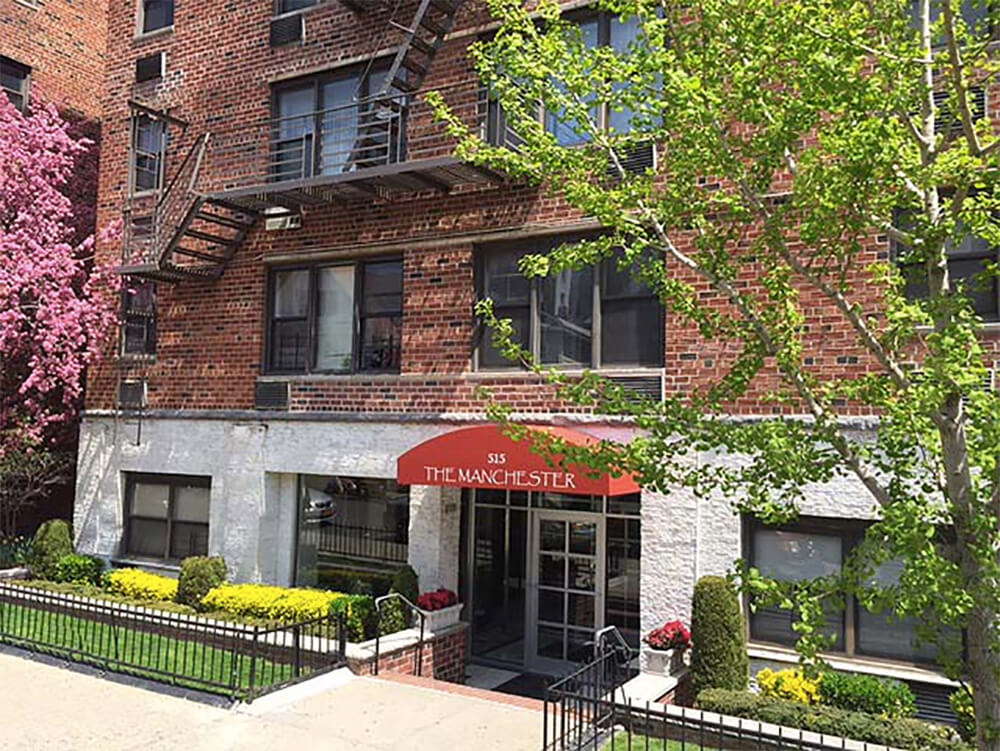
A prospective buyer’s attorney will typically scrutinize the owner-occupied ratio when evaluating the building.
As well, banks typically want to see that a certain proportion of units are owned by different people. “The number of units in the project owned by the sponsor or any other individual, for that matter, affect a buyer’s ability to obtain a mortgage,” according to mortgage professional Vanessa Thatcher of Atlantic Home Capital Corp.
In some cases, though, lenders may be able to turn a blind eye to sponsor units in a building if the units are under rent regulation, said mortgage professional Adam Dahill of Loan Depot.
Related Stories
- What Is a Self-Managed Co-op and What You Need to Know Before Buying One
- What Is a Prewar Apartment and Why Are They Great?
- What Is a Garden Apartment, Anyway? The Answer May Surprise You
Businesses Mentioned Above
[blankslate_pages id=”d57434479bdb6d, d53962e26e0673, d53a195d2d2094″ type=”card” show_photo=”true” utm_content=””][/blankslate_pages]
Email tips@brownstoner.com with further comments, questions or tips. Follow Brownstoner on Twitter and Instagram, and like us on Facebook.

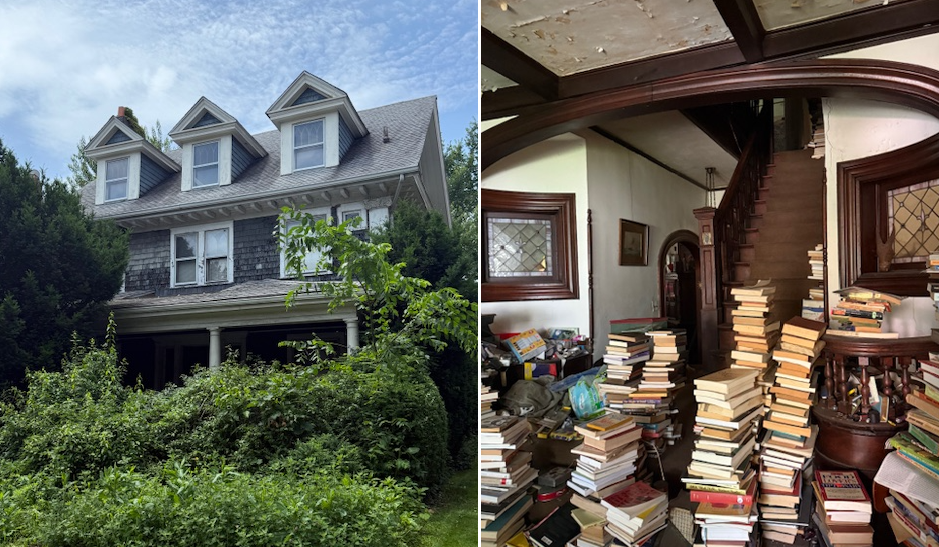
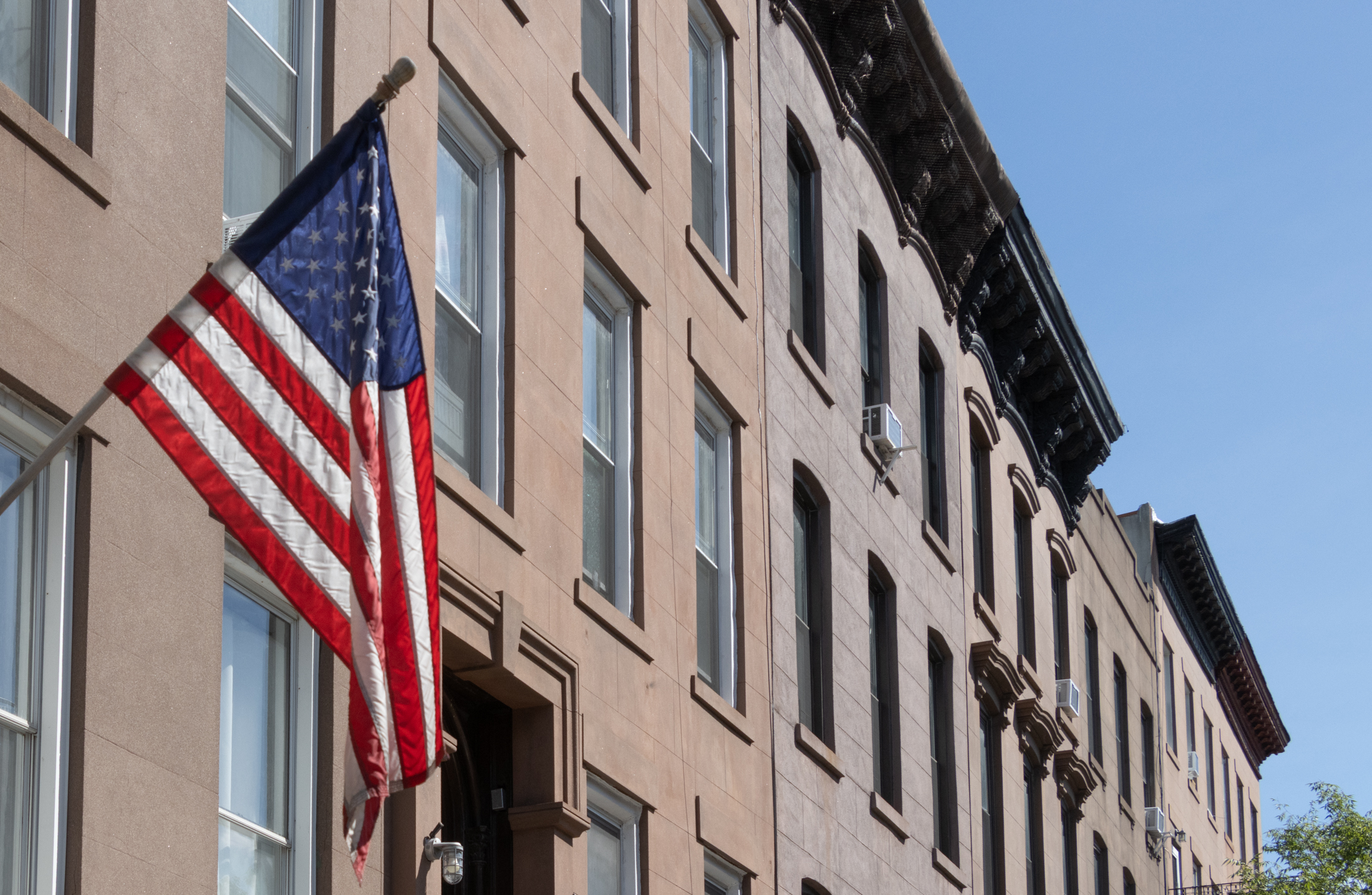
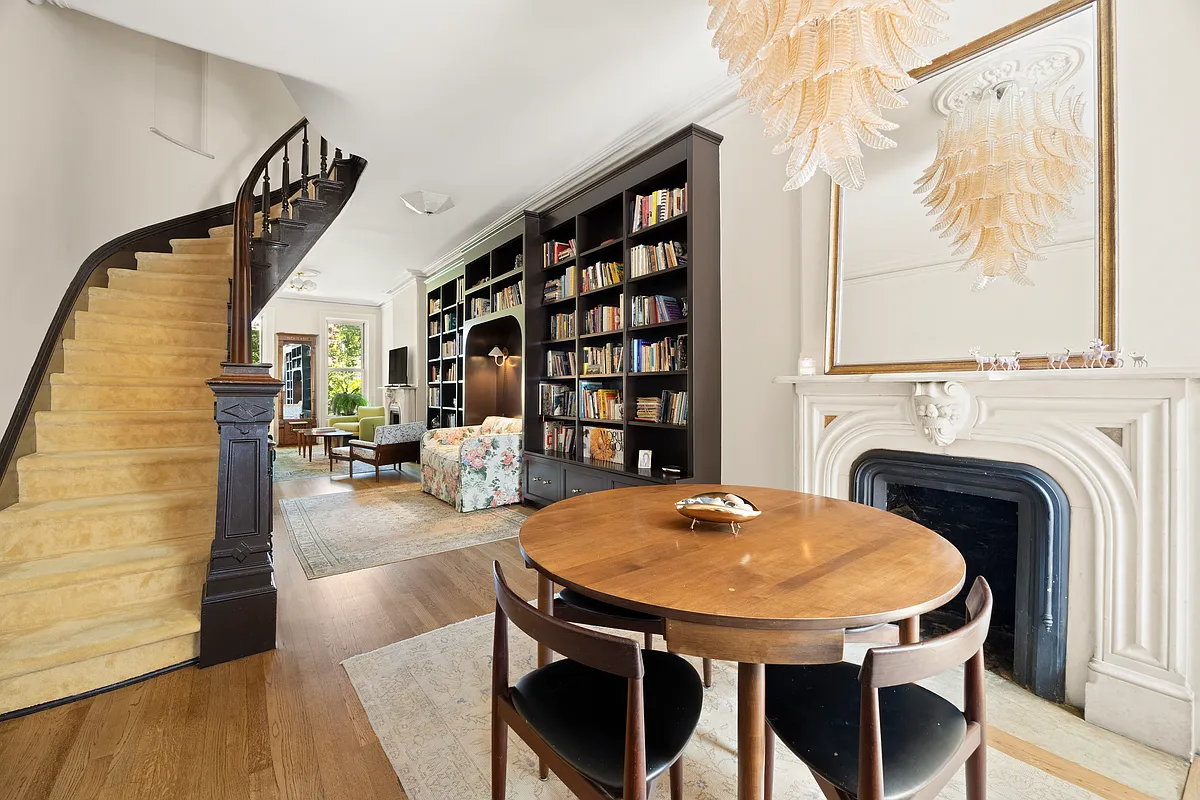
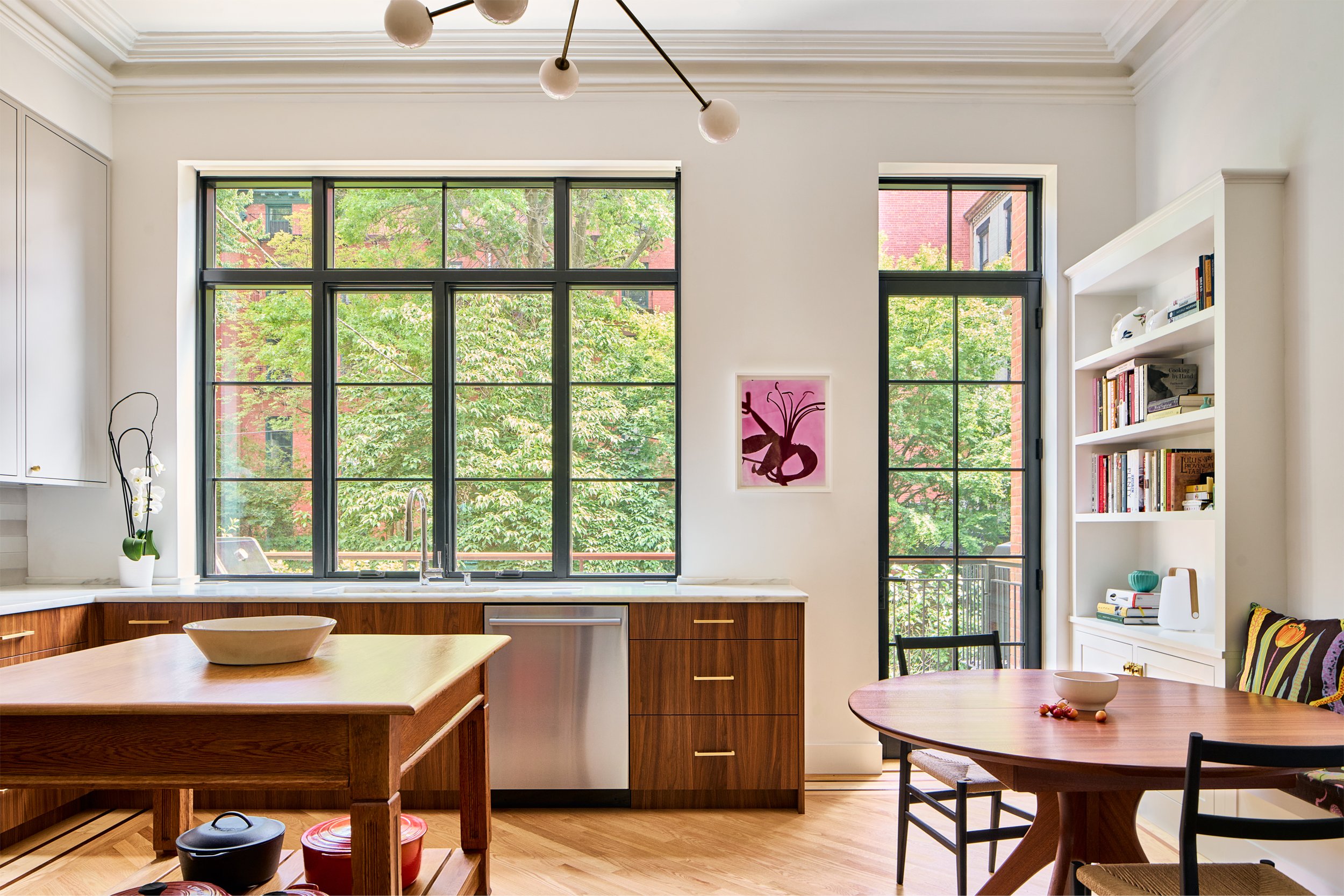
What's Your Take? Leave a Comment